How to Improve Employee Retention in High-Turnover Industries

Introduction
Retention is one of the biggest challenges in fast-moving industries like events, 3PL, warehousing, and hospitality. Great talent is hard to find — and even harder to keep. But while turnover may feel inevitable, the right strategies can reduce churn and turn short-term hires into long-term assets.
At Workforce Brokers, we’ve supported thousands of frontline workers and helped dozens of companies improve their retention rates. Here’s how you can start doing the same — today.
1. Set Expectations Early (and Clearly)
What’s going wrong:
Most turnover happens because the job was not what the candidate expected — hours, pace, culture, or management style. That creates frustration and early exits.
What to do:
During the hiring process, be brutally honest about role demands. Use video walkthroughs or shadow shifts. Let candidates self-select out before you invest in onboarding them.
Our approach:
We use preview videos, realistic job previews (RJPs), and “expectation checklists” during interviews. This simple step reduces week-1 turnover by up to 40%.
2. Build Day-1 Belonging
What’s going wrong:
Most new hires feel invisible, unsupported, or confused during their first week. That creates disengagement — fast.
What to do:
Welcome new hires intentionally. Introduce them to the team. Assign a buddy. Provide a clear onboarding checklist with daily goals.
Our approach:
Our retention programs include Day-1 welcome kits, supervisor check-ins every 48 hours, and automated onboarding tracking via the EDGE™ platform.
3. Recognize Early Wins
What’s going wrong:
When workers feel unnoticed, they detach — especially in physically demanding or repetitive jobs.
What to do:
Recognize small wins: showing up on time, learning tasks quickly, getting good feedback. Public shoutouts, small gift cards, and private praise go a long way.
Our approach:
We track key milestones (punctuality, shift consistency, peer feedback) and trigger automated micro-rewards or team-wide recognition alerts.
4. Listen and Adapt
What’s going wrong:
Many managers wait for exit interviews to find out what went wrong — and by then, it’s too late.
What to do:
Ask new hires how things are going — early and often. Use anonymous surveys, pulse checks, and 1:1s. Show them that feedback creates real change.
Our approach:
We run anonymous pulse surveys during week 2, and again at 30 and 60 days. Managers receive alerts if sentiment drops or if team morale dips below target.
Final Thoughts
Retention isn’t just an HR problem — it’s a business multiplier. When you keep good people, you reduce training costs, improve morale, and deliver better service across the board.
If you’re struggling with high turnover, don’t just hire harder — retain smarter. These strategies are simple, scalable, and proven.
Workforce Brokers is helping clients in high-turnover industries build teams that stay longer, work harder, and grow faster.
